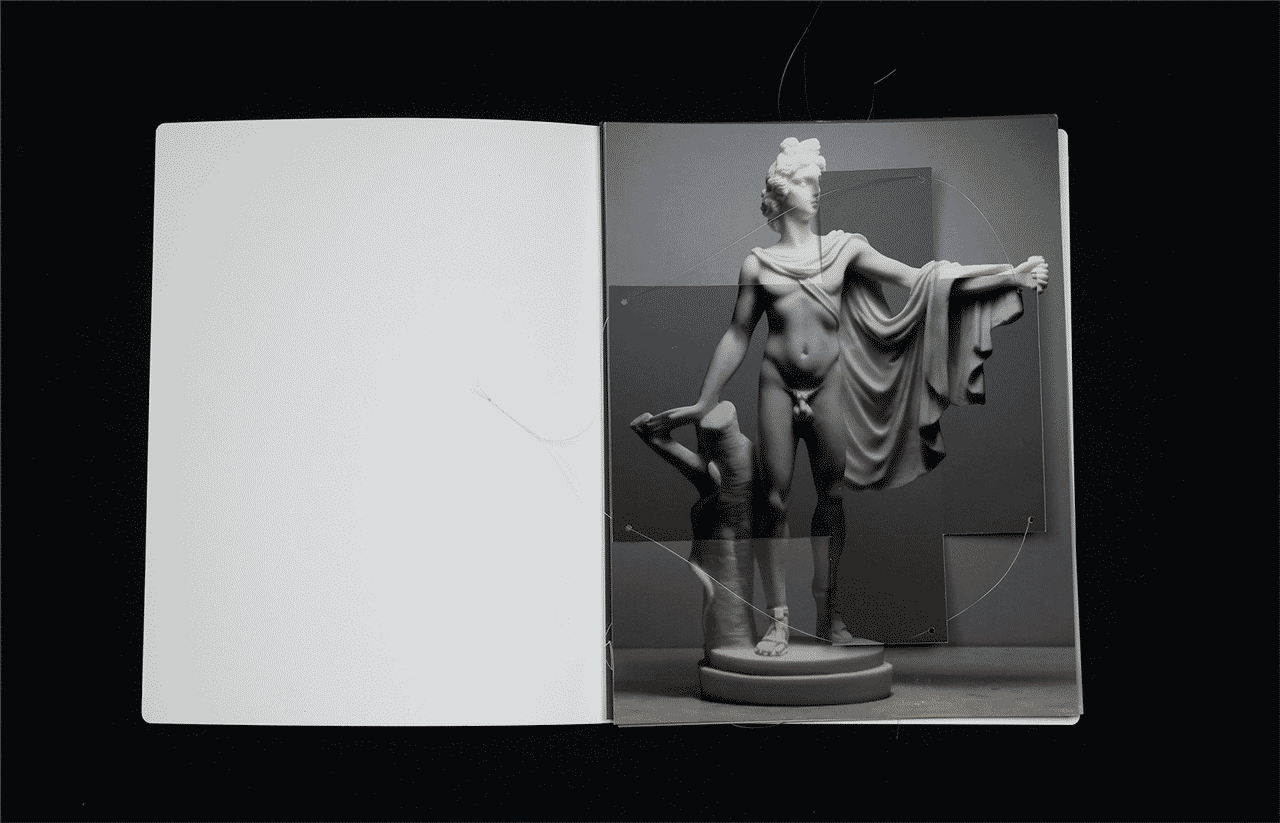
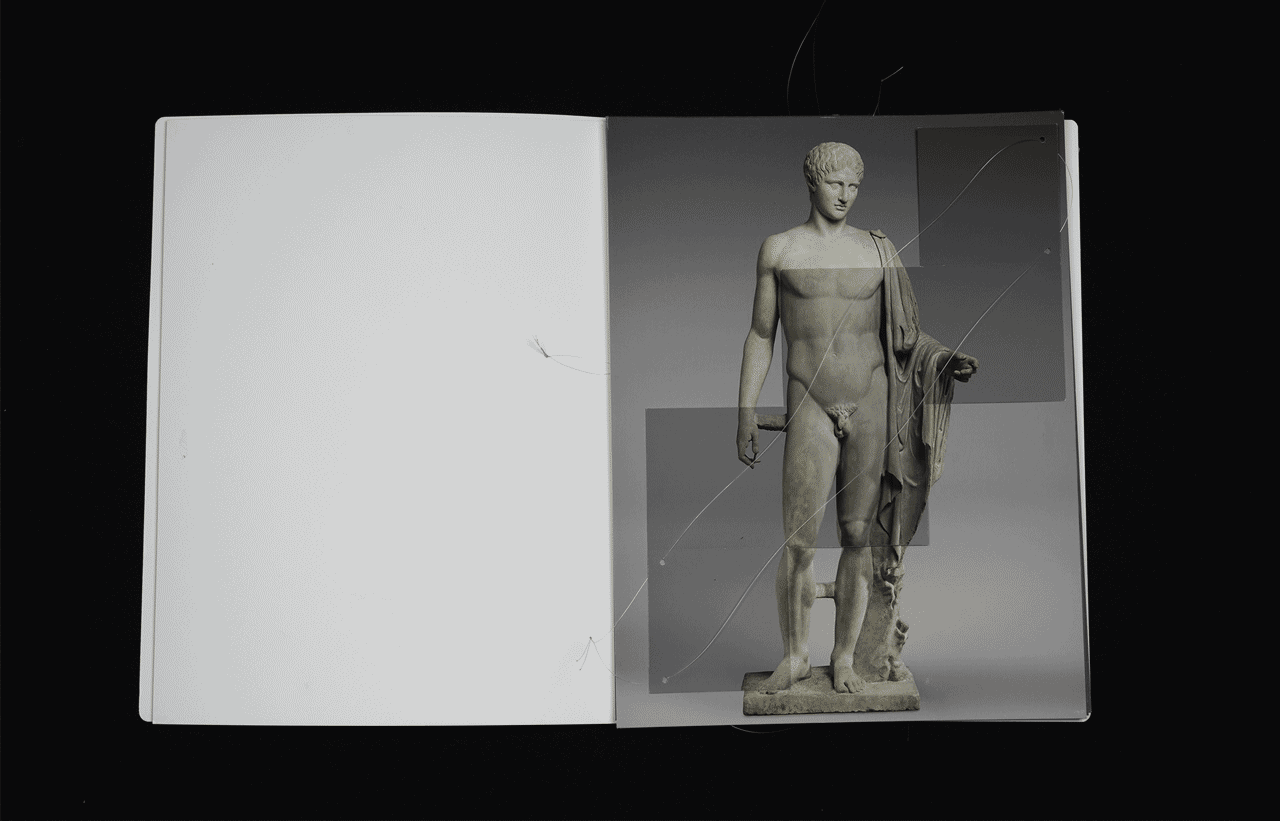
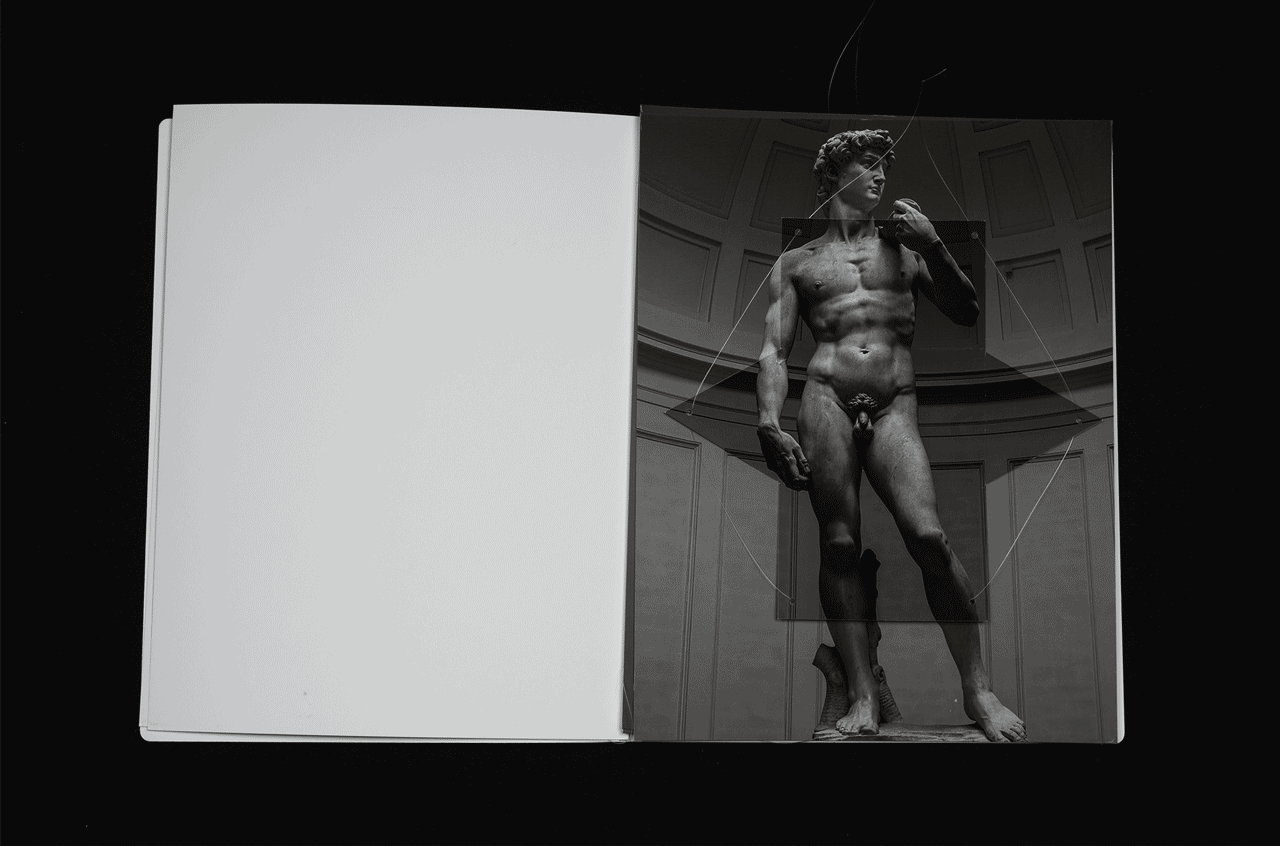
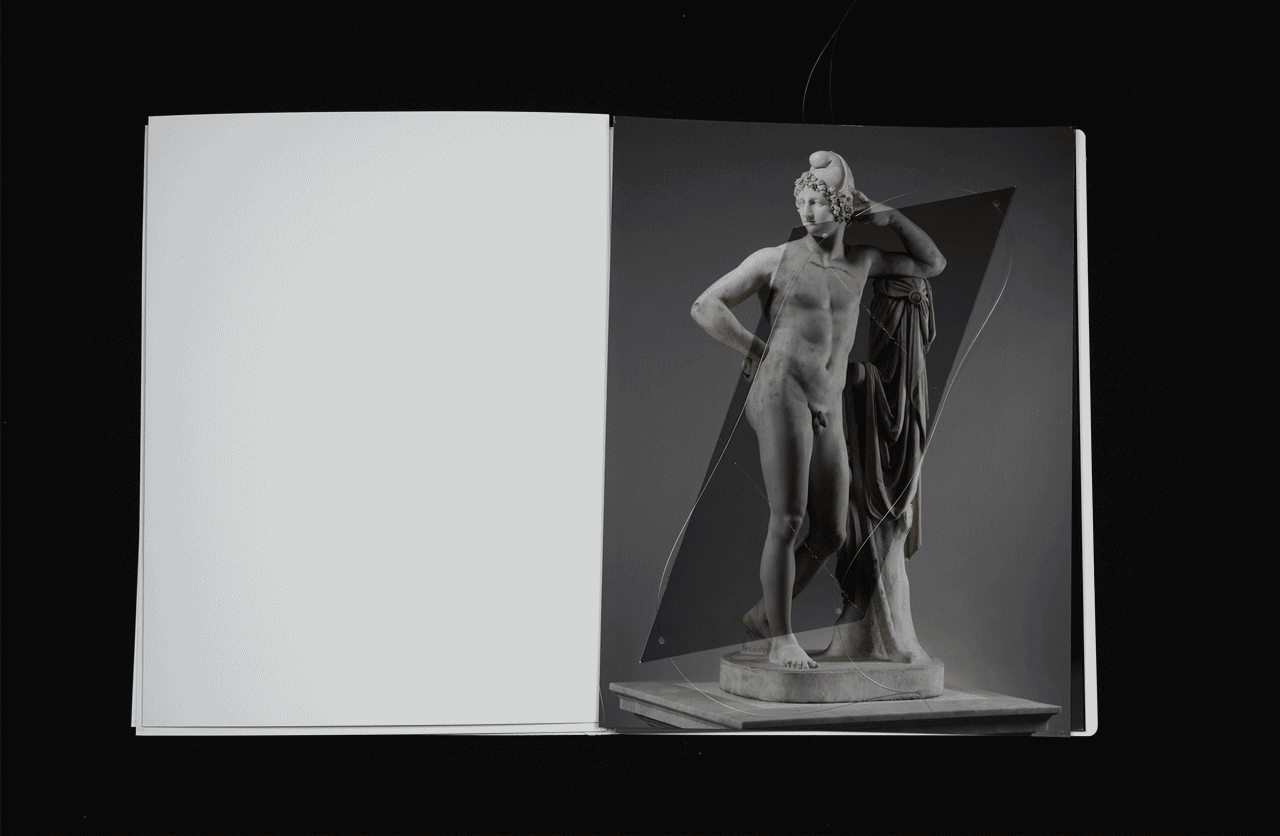
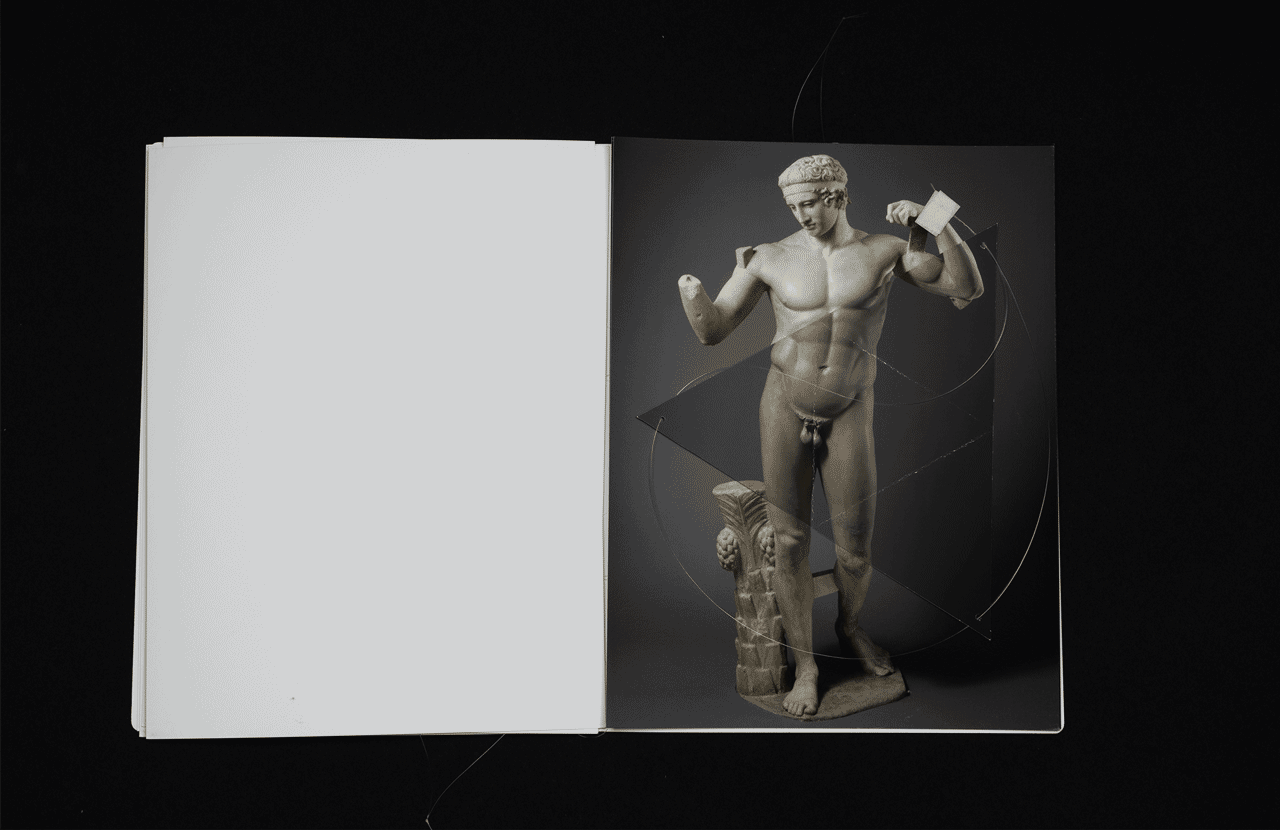
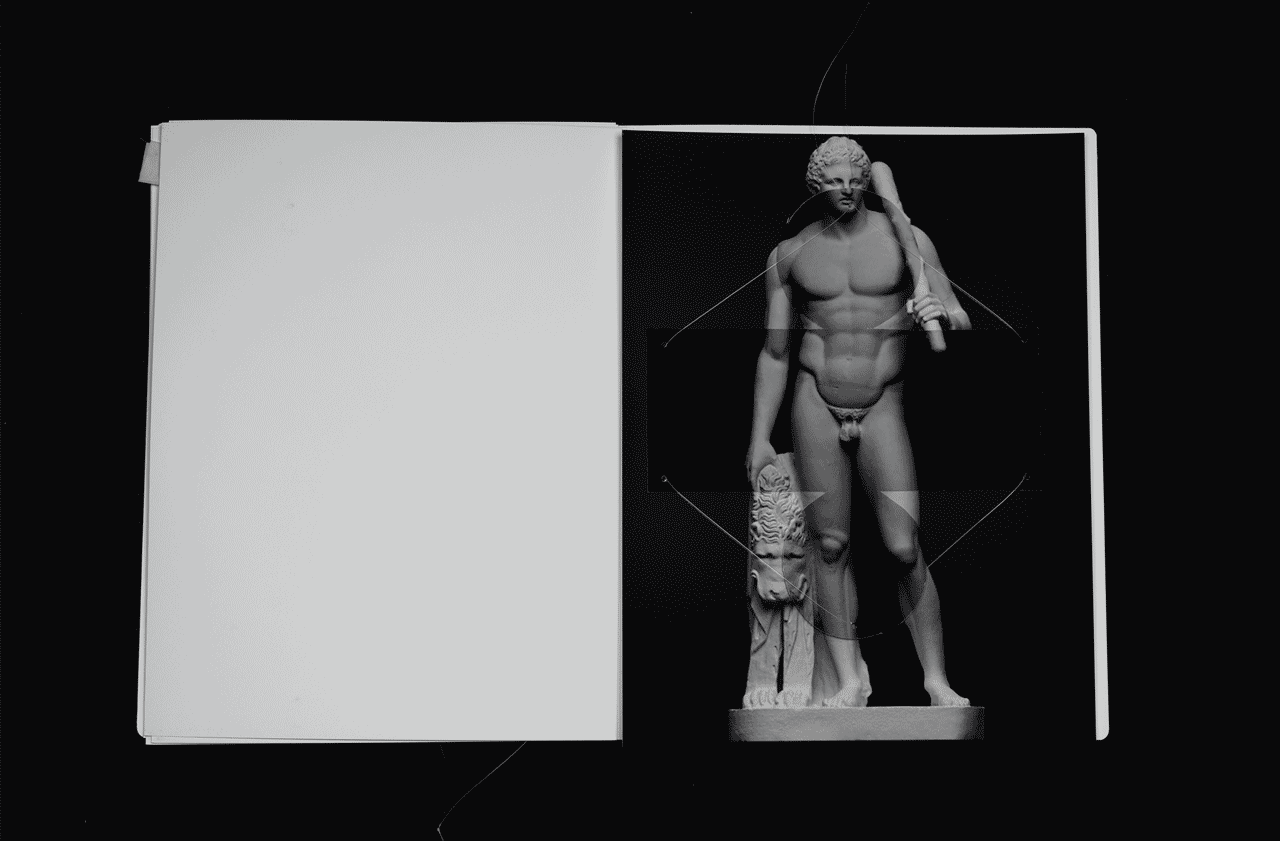
With the future in mind, I believe that photography has an important impact on human reactions now to existential issues like climate change, globalization and human rights. Documenting violence and racism is challenging and provocative, but these issues are relevant and urgent. I want to represent people conscientiously and understand my decisions have consequences for others once in the public arena. Respect for privacy is a key consideration, especially in relation to how social media amplifies public attention. I experiment creatively with tools, techniques, methods, and materials to explore a concept and reflect on my own thought processes. At the same time, I remain engaged with news media by discussing the argumentation presented on larger social topics. I see photography as an ideal way of recording and producing interesting combinations of visual information in forms that intersect with familiar aspects of people’s lives so as to stimulate new ways of story-telling. Photography enables me to problem-solve, adapt to different and changing scenarios, and learn from experience. My intention is to take complexity and think about how my skills can be matched to the abilities of others, so people can find my work meaningful: I like people to ‘get it’.






This project offers a playful critique of traditional gender stereotypes in media, aiming to flip the narrative of the male gaze. Through transforming 2D images into 3D forms using found photographic imagery, techniques like photomontage and mechanical mechanisms are employed. Traditional stereotypes perpetuate unequal power dynamics, portraying men as active subjects and women as passive objects. By featuring male nudity, the project subverts this dynamic, inviting female perspectives. Rooted in Dadaism, it confronts conventional artistic norms, with montages designed for seamless repetition. Automated mechanisms symbolize resistance against reductive representations, pulling shapes back into 2D forms, sparking conversation about gender, power, and representation.